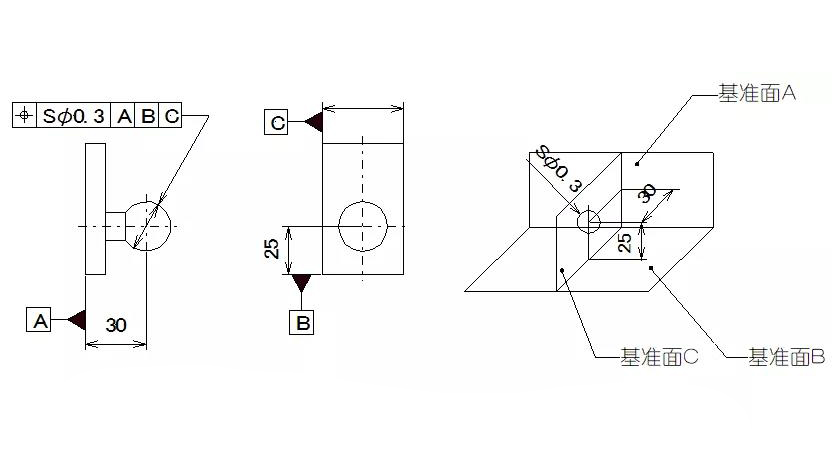How to reduce the operating skills of machining deformation?
In addition to the reasons mentioned above, parts of aluminum parts are deformed during processing. In actual operation, the operation method is also very important.
1. For parts with large machining allowances, in order to have better heat dissipation conditions during processing and avoid heat concentration, symmetrical processing should be used during processing. If a 90mm thick sheet needs to be machined to 60mm, if one side is milled, the other side is milled immediately, and the flatness is 5mm once; if repeated feeding is used for symmetrical processing, each side is processed twice. The final size can guarantee flatness of 0.3mm.
2. If there are multiple cavities on the plate parts, it is not appropriate to use the sequential processing method of one cavity and one cavity during processing. This will easily cause uneven parts to be deformed. Multi-layer processing is used, and each layer is processed to all the cavities at the same time as far as possible, and then the next layer is processed to uniformly force the parts and reduce deformation.
3. Reduce cutting force and cutting heat by changing cutting amount. Among the three factors of cutting consumption, the amount of cutting back has a great effect on cutting force. If the machining allowance is too large, the cutting force in one pass will not only deform the part, but also affect the rigidity of the machine tool spindle and reduce the durability of the tool. If you reduce the number of back-knives, production efficiency will be greatly reduced. However, high-speed milling is used in NC machining to overcome this problem. While reducing the amount of back knife, as long as the feed is increased accordingly and the speed of the machine tool is increased, the cutting force can be reduced and the processing efficiency can be guaranteed.
4. Pay attention to the order of walking. Rough machining emphasizes improving machining efficiency and pursuing resection rate per unit time. Generally, up milling can be used. That is to remove the excess material on the surface of the blank at the fastest speed and the shortest time, basically forming the geometric contour required for finishing. The emphasis on precision machining is high precision and high quality, and down milling should be used. Because the cutting thickness of the cutter teeth gradually decreases from maximum to zero during down milling, the degree of work hardening is greatly reduced, and the degree of deformation of the part is also reduced.
5. The thin-walled workpiece is deformed due to the clamping during processing, and it is difficult to avoid even finishing. In order to reduce the deformation of the workpiece to a minimum, you can loosen the pressing part just before the final machining reaches the final size, so that the workpiece can be freely restored to its original state, and then slightly compressed, which can be grasped by the workpiece (complete By feel), this can get the ideal processing effect. In short, the action point of the clamping force is best on the support surface. The clamping force should be applied in the direction of the workpiece with good rigidity. On the premise of ensuring that the workpiece is not loose, the smaller the clamping force, the better.
6. When processing parts with a cavity, try not to let the milling cutter directly drill down into the part like a drill when processing the cavity, resulting in insufficient milling chip space and chip removal, resulting in overheating, expansion and chipping of the part. Knife, broken knife and other adverse phenomena. You must first use a drill bit of the same size or larger as the milling cutter to drill the hole, and then use the milling cutter to mill. Alternatively, the CAM software can be used to produce spiral cutting programs.
If you are interested in CNC Machining Parts,Please feel free to contact me at info@anebon.com
